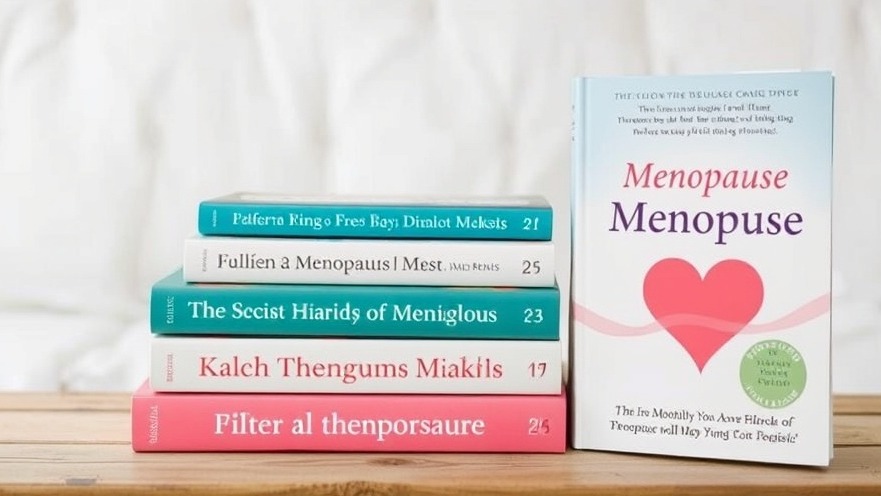
Understanding Menopause Rage: Why Does It Happen?
For many women navigating the tumultuous transition of perimenopause and early menopause, the experience often encompasses a whirlwind of emotions. Among them is menopause rage or "menorage," a term that captures the deep well of anger that seemingly bubbles up from small irritations, transforming into fierce outbursts. This surge is not just a personal struggle; it's a physiological and psychological response to hormonal fluctuations impacting emotional regulation.
The Emotional Impact: A Common Experience
Despite its prevalence, many women might feel isolated or ashamed regarding these feelings. They may wonder, "Is it just me?" In understanding menopause rage, it’s crucial to acknowledge its emotional weight. Acknowledging and sharing these feelings with others can foster a sense of community and support, reducing the stigma that often surrounds this natural phase of life.
Physical Factors Behind Emotional Outbursts
What many don’t realize is the scientific background to these emotional spikes. Hormonal changes in estrogen and progesterone levels can significantly influence mood. As levels fluctuate, they may lead to increased irritability, anxiety, and emotional volatility. Understanding these biological underpinnings provides a clearer message: it is not about weakness; it is an inherent response to changing hormones.
Emotional Wellbeing Strategies: From Explode to Implode
How can women manage this intense emotional landscape? Recognizing triggers and developing healthy coping mechanisms is crucial. Practices such as mindfulness, meditation, and even yoga can be beneficial in calming the storm of menopause rage. Classes designed specifically for emotional regulation during menopause can empower women to regain control over their emotional responses, turning what once felt uncontrollable into a pathway for self-discovery and resilience.
Take Control of Your Emotional Journey
The conversation around menopause rage doesn’t need to be a taboo subject. By addressing emotions openly and practicing self-care, women can mitigate the intense feelings that accompany this life stage. As you navigate these changes, remember that emotion doesn't denote failure. Instead, it can be a powerful force driving the journey toward empowerment and understanding during transition.
 Add Row
Add Row  Add
Add 




Write A Comment